A significant portion of greenhouse gas emissions in the manufacturing industry comes from the use of fossil fuels for heating at various temperature ranges. Notably, half of manufacturing heat requires low-to-medium temperature ranges which are best met by local renewable heating resources such as solar thermal and geothermal resources.
This topic took center stage on October 11th during an important event held at the European Parliament with EU policymakers, industrial sectors, and renewable heating actors. The event was organised by Solar Heat Europe and EGEC with the support of the Sustainable, Long-term Investments & Competitive European Industry Intergroup and it was hosted by MEP Beatrice Covassi, one of the co-chairs of the Intergroup.
Policy perspectives
The host of the event, MEP Beatrice Covassi, emphasized the need for a pragmatic approach to all renewable energy sources and the immense potential of solar thermal and geothermal in buildings and industry. The European Commission’s goal to triple the capacity of solar thermal and geothermal was also acknowledged by the MEP during the event as a significant step toward shared goals.
Lukasz Kolinski, Head of Unit – Renewables at DG ENER, European Commission, stressed the urgency to scale up all renewable heat solutions, advocating for larger deployments. He also emphasized that direct use of renewable heat not only eases grid pressure but also opens doors for innovative combinations, such as integration with district heating networks.
The renewable heat advocacy angle was brought by Pedro Dias (Solar Heat Europe) and Sanjeev Kumar (EGEC), asking on behalf of their sectors for more visibility and support to the decarbonisation of heat as the largest share of energy consumed, and to direct renewable heat solutions like solar thermal and geothermal that can enable a faster energy transition, while increasing energy security and independence.
The real-life success stories
Adele Manzella (CNR-IGG) shared compelling geothermal success stories with an emphasis on Tuscany, demonstrating the potential of the technology to contribute to industrial decarbonisation. Gianni Vanneste (Boortmalt Group) and Hugues Defreville (Newheat) provided firsthand insights into solar thermal applications for industrial processes, focusing on one example from France. Their perspectives, one as a project developer and the other as an end-user highlighted the viability and effectiveness of the technology.
The financing perspective was brought by Leo Hellinga from the Triodos Bank, who sent a strong signal during the panel, expressing their commitment to changing finance. This stance positions them as a role model, encouraging other financial organisations to support the transition, a crucial step towards achieving decarbonisation goals.
Retaining manufacturing in Europe
Guglielmo Cioni, President of Solar Heat Europe, highlighted during the closing remarks that solar heat possesses key assets. Its existing manufacturing base meets 90% of EU demand and serves as a net exporter worldwide, making it a strategic player for the energy transition in Europe.
The slides presented during the event can be downloaded here.
The official event page can be accessed here.
Learn more about Solar Heat for Industrial Processes here.
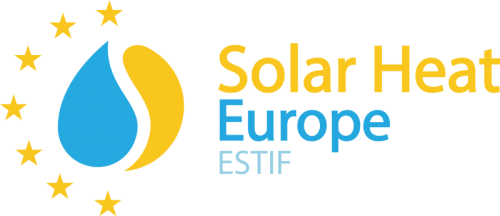
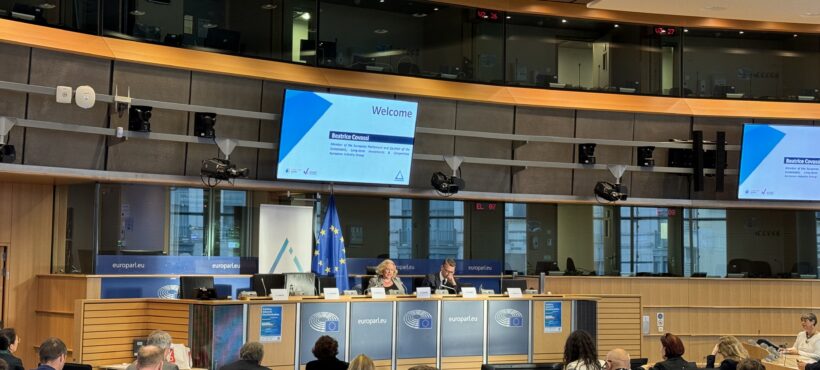
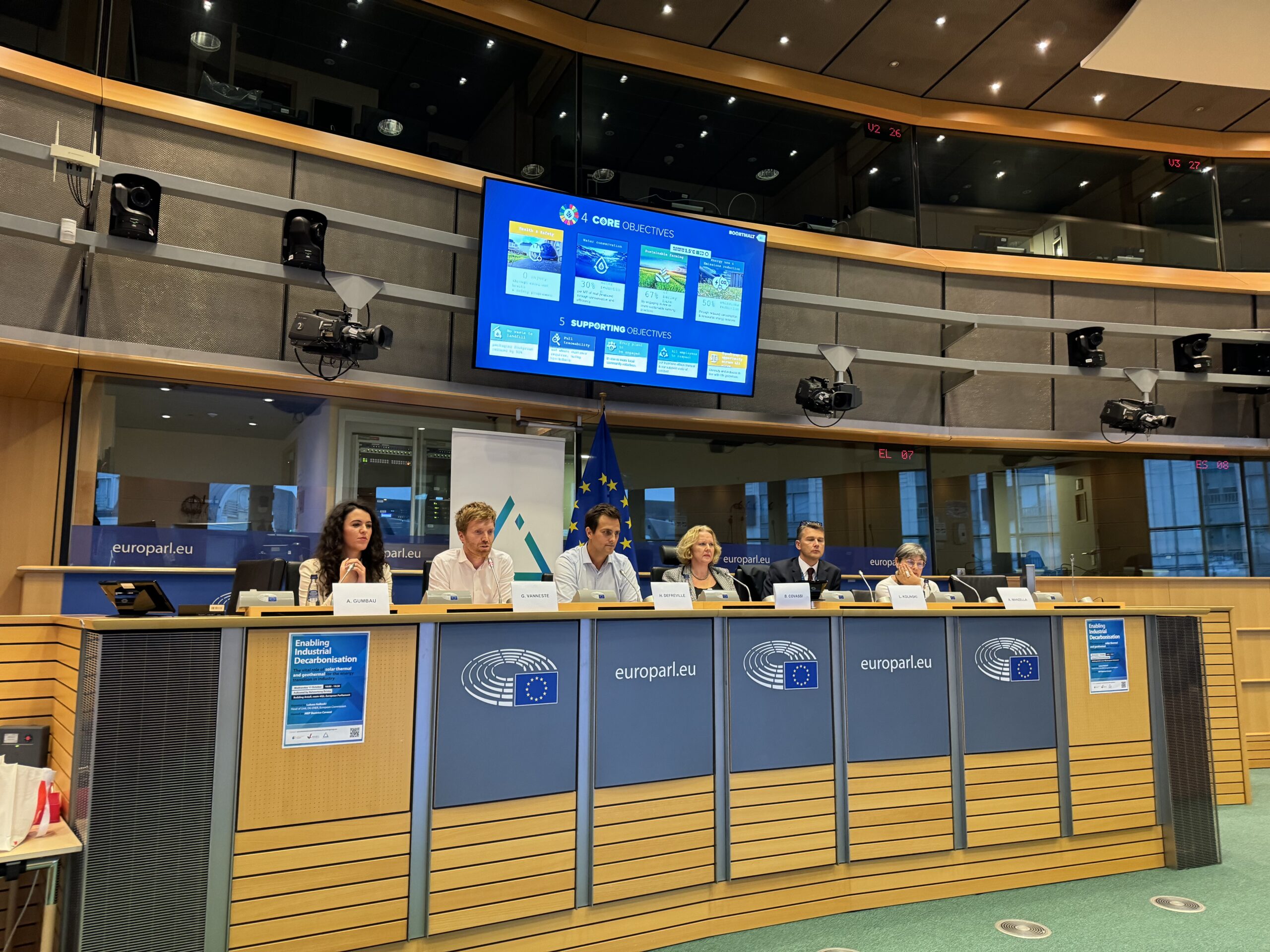
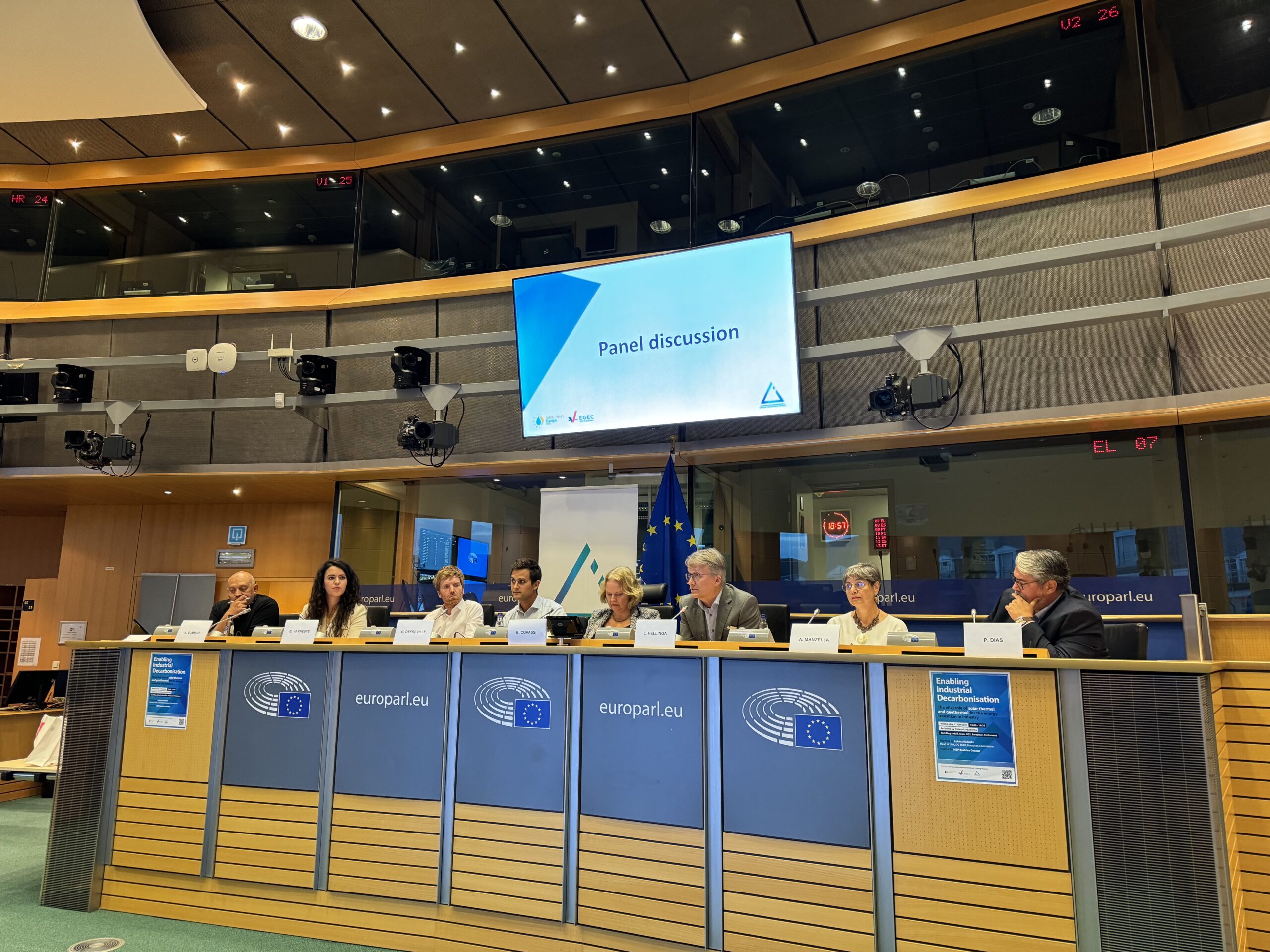
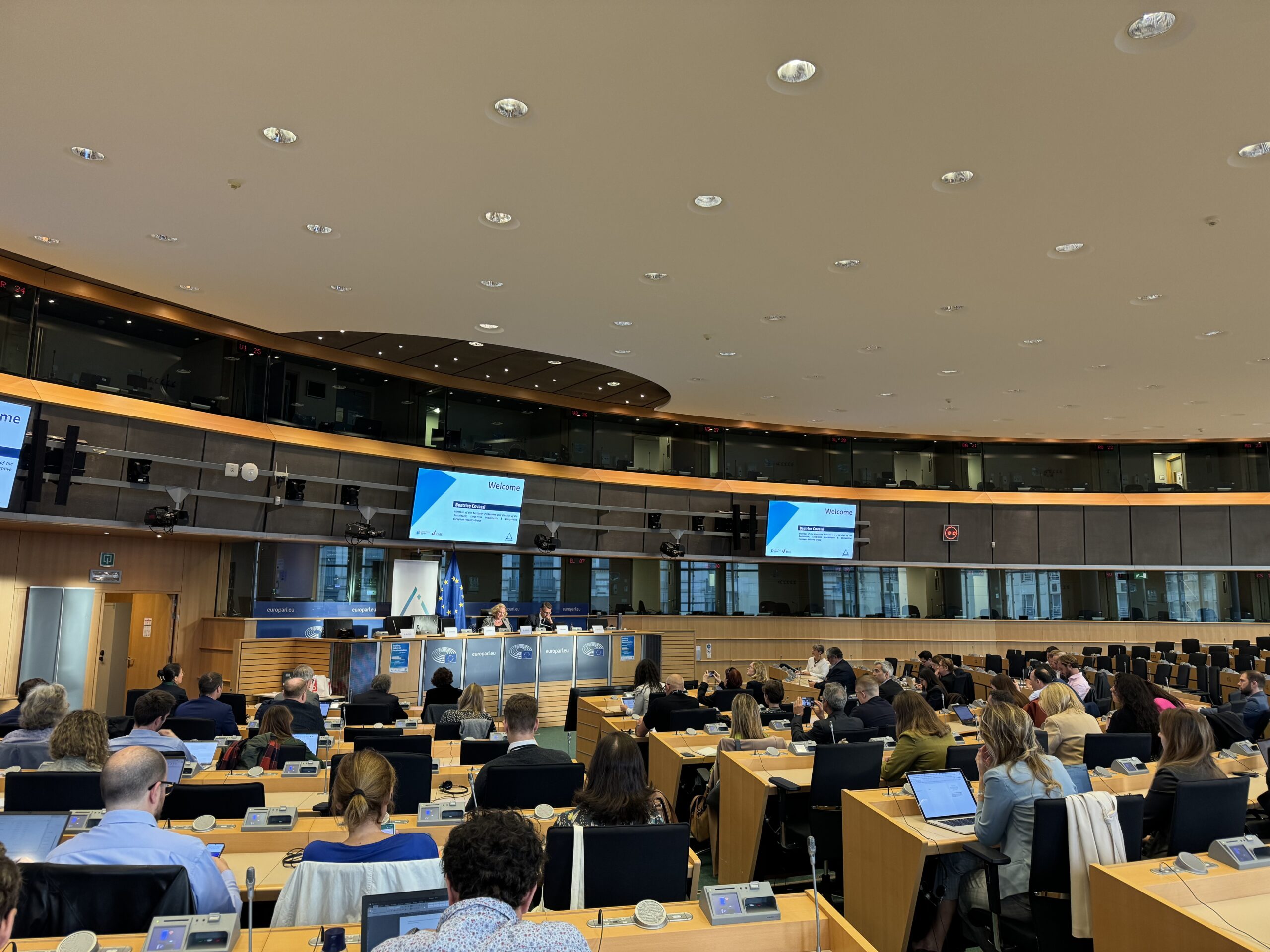
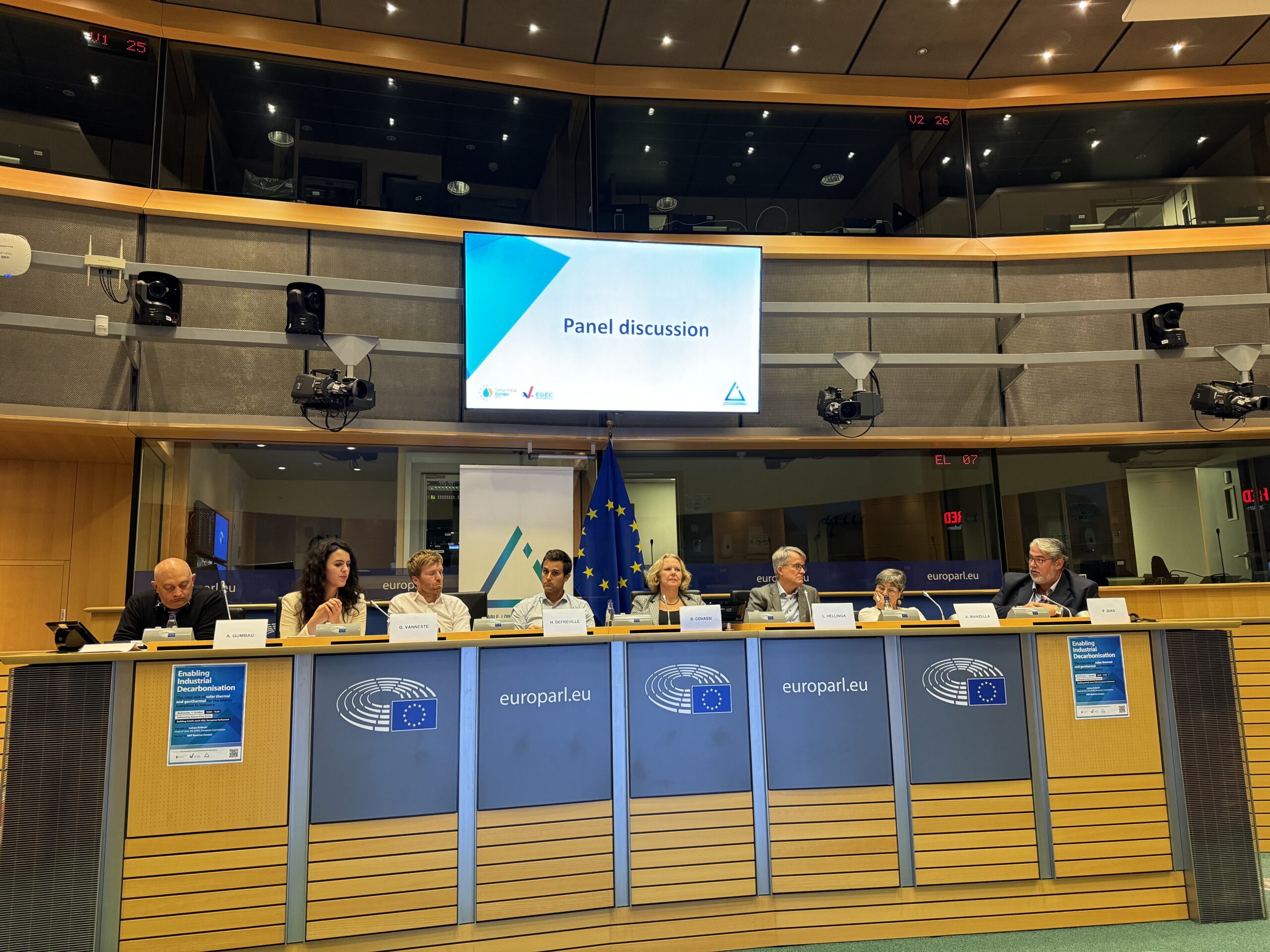
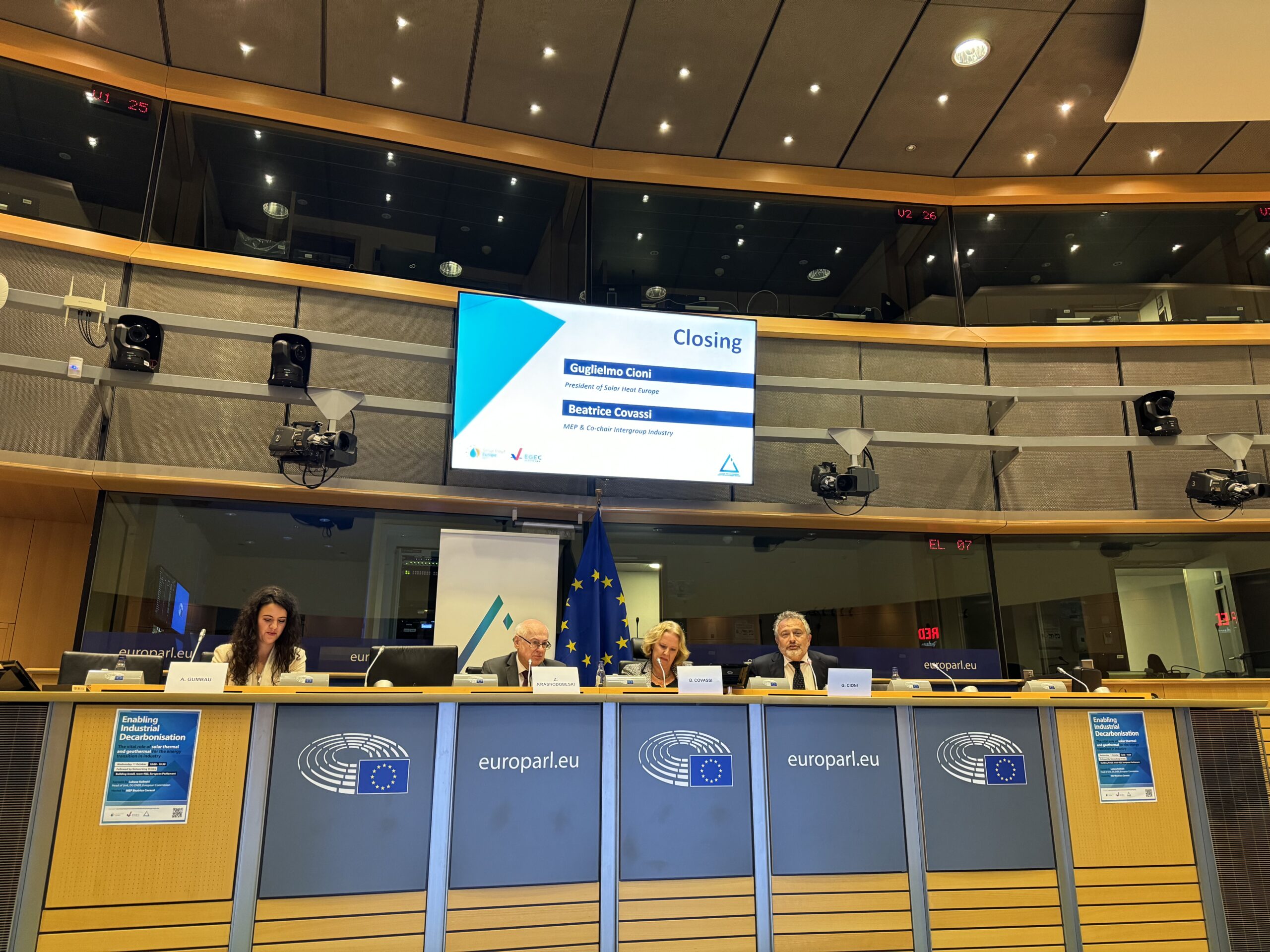
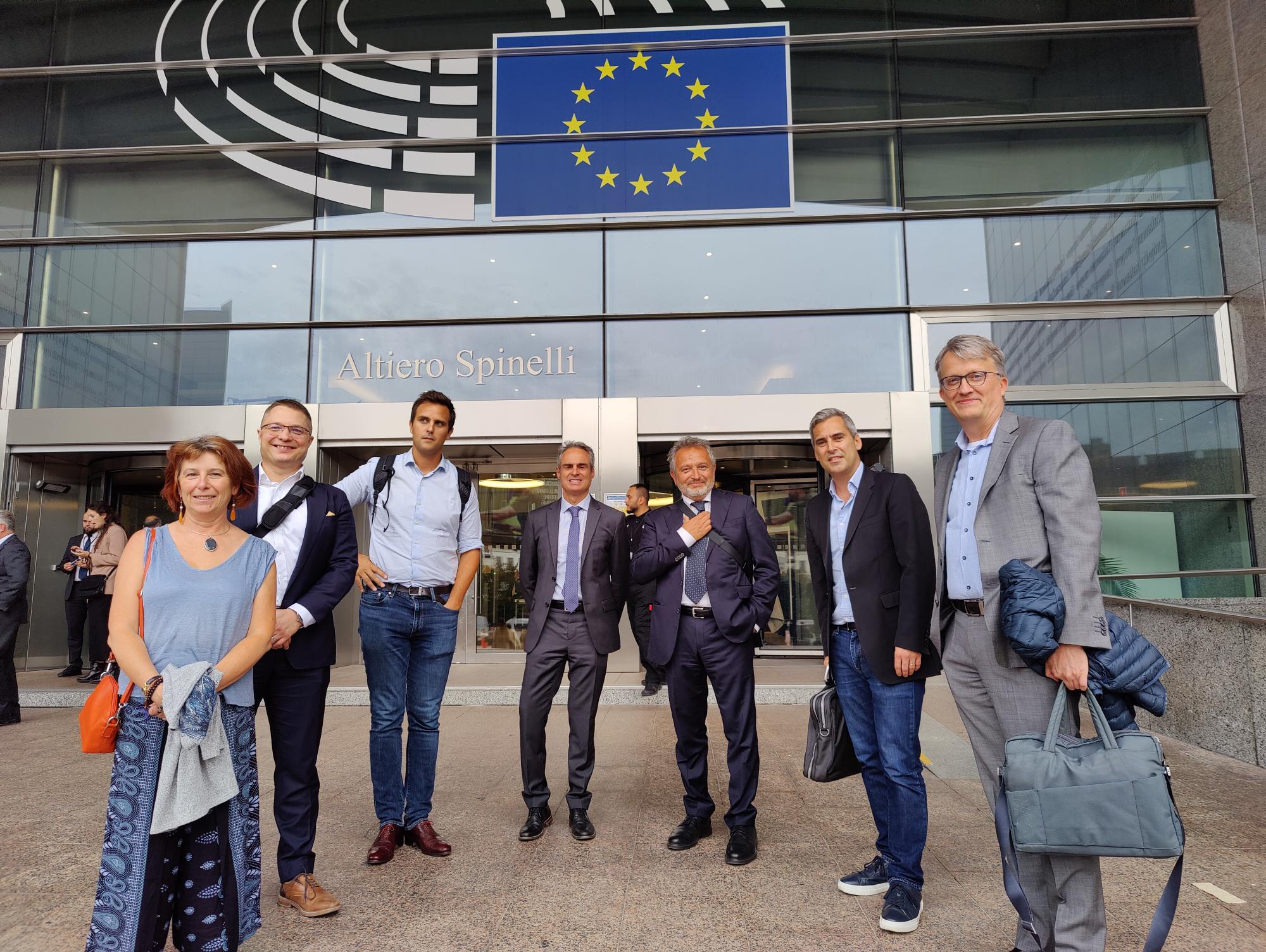
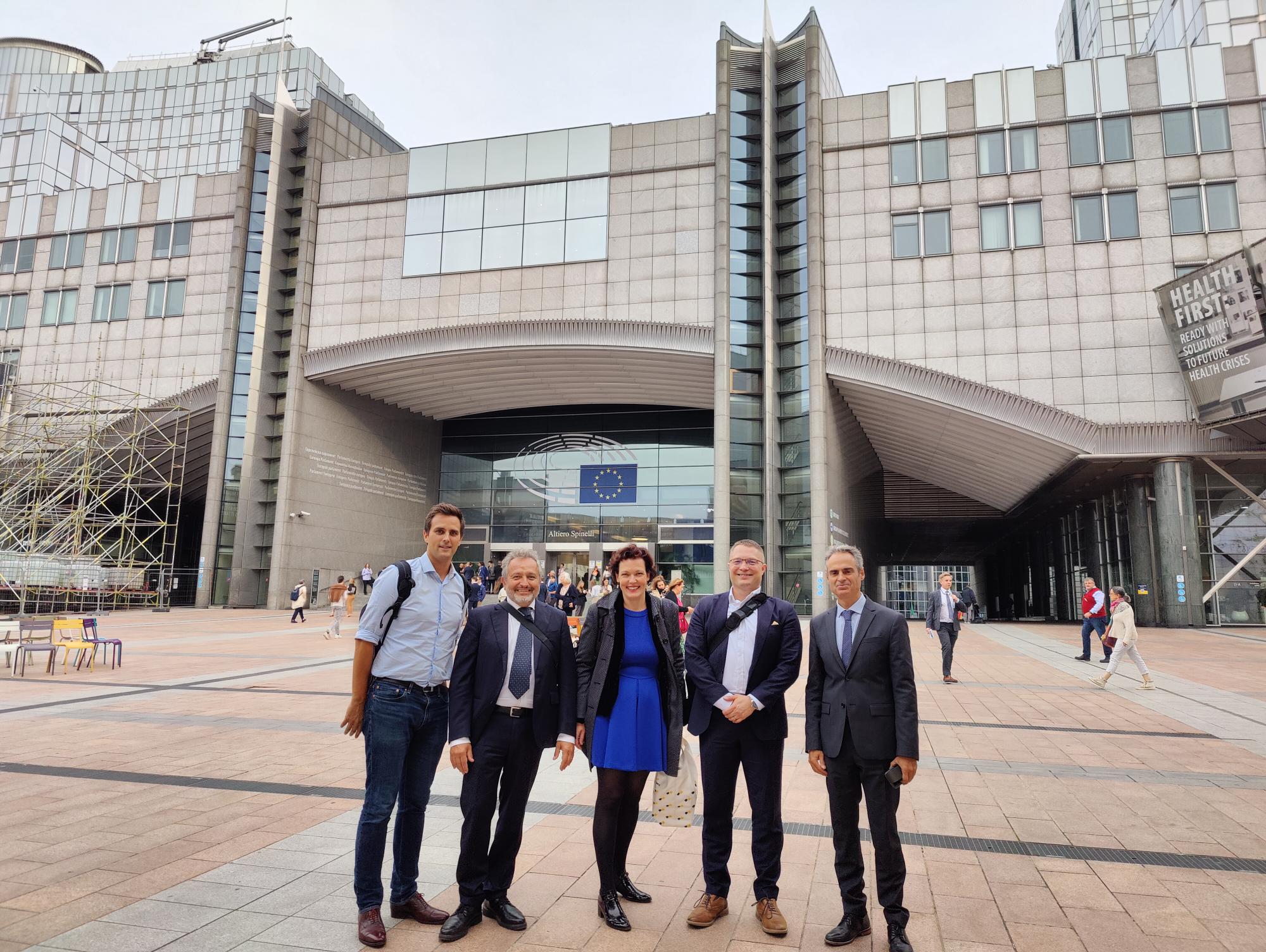
Leave a Reply